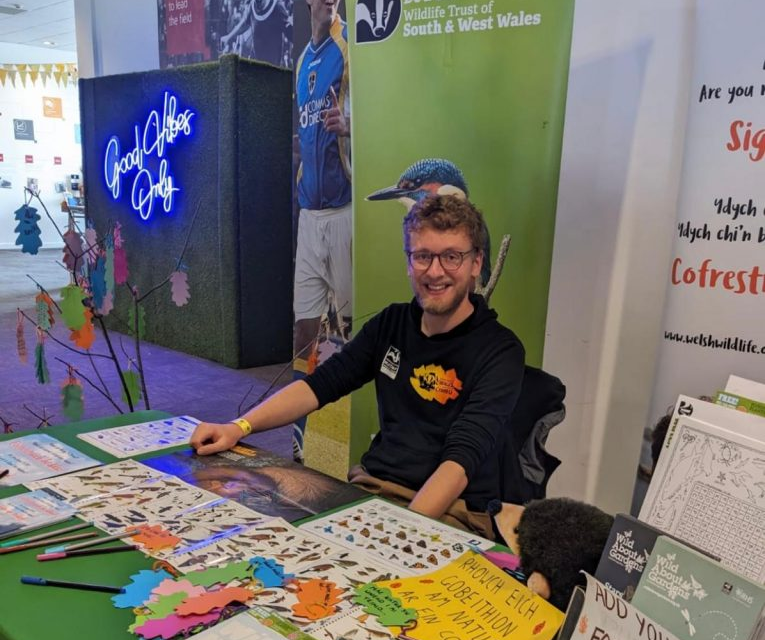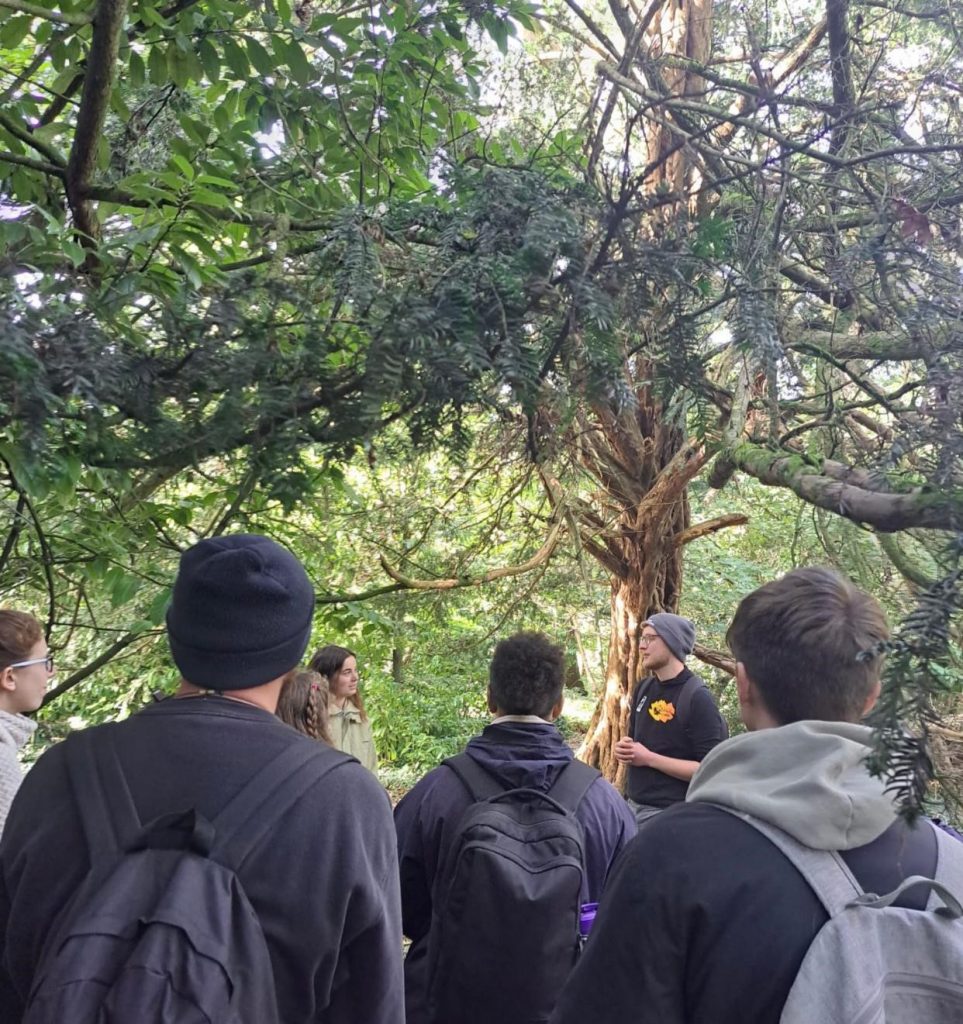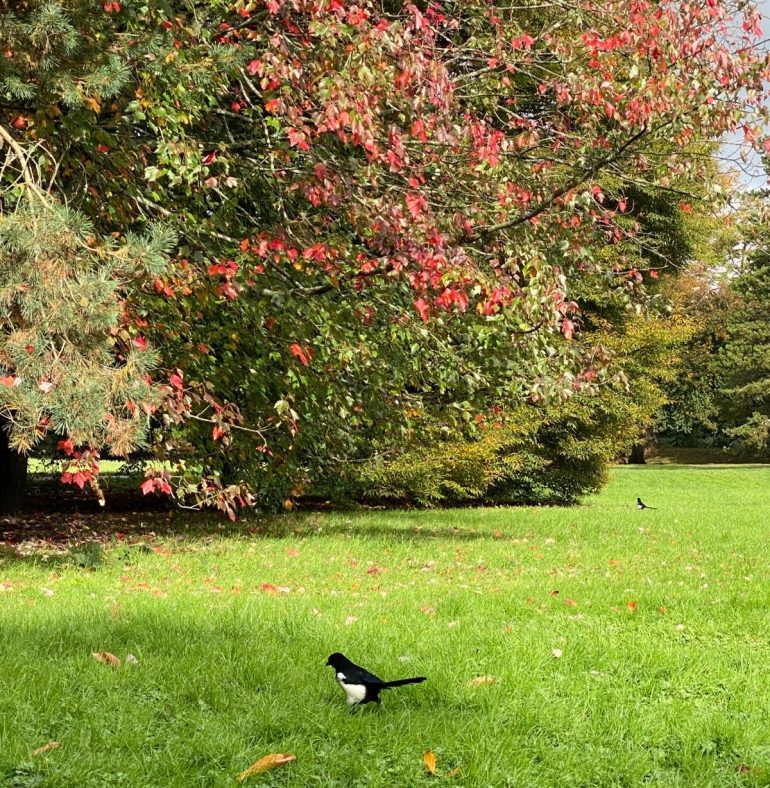A study conducted by the State Nature of Patnership last year says Wales might lose 18% of its native species.
There has been massive decline of the natural habitat in Wales over the past years. The loss is driven by several factors, like change in land use for agricultural purposes in the rural areas, building road networks and commercialising green spaces in urban areas.

According to Alex Griffiths, Wildlife engagement officer of the Wildlife Trust, the potential of losing one in five species would have a domino effect on the ecosystem. ” We will be looking at crop failure, food insecurity, increase risk of flooding , spread of diseases with loss of bio diversity ” says Alex.
Dr. Rob Thomas is a Bioscience lecturer at Cardiff University. He says that people often associate wildlife with foreign or rural areas. ” It is hard to care for something when you don’t understand what it is.”
Cardiff has rich wildlife from unique plantations alongside the River Taff, to birds like Kingfishers and Dippers, with occasional sitings of Otters. Cardiff is also home to nationally rare species like Door mice and Marsh tits. Due to a serious historical decline of Marsh tits up to 75% since the 1960’s, the UK conservation status for the bird is ‘Red’, indicating the highest conservation priority.
According to Britain’s Hedgehog Preservation Society, the amount of hedgehogs were reduced by 75% across UK from the year 2000. But Cardiff has managed to maintain a healthy population of hedgehogs.
Naturalists and organisations worked together to preserve hedgehogs by leaving holes in their gardens which they call Hedgehog Highways to allow them to move freely.
Andy Kendall is the former president of Cardiff’s Naturalist society “We have been lucky enough to release a number of hedgehogs behind our house, it’s a tragedy to see green fields being replaced by slabs of concrete” he says.

Health benefits of green spaces are well known. Spending time in green spaces is proven to have a positive effect on individuals’ physical and mental well-being. Andy says being around nature helped him get through the Covid lockdown which was a difficult time for him. “Learning about nature keeps my brain active, I am not as young as I used to be” he says.
Enhancing connectivity within the green spaces in the city can be one of the solutions to stop the decline. Dr. Rob Thomas says that chopping of woodlands for housing in North of Cardiff poses another threat to the native habitat of the area.” We can chose where the development happens and how it happens” he says.
There are various ways individuals can contribute to preserving the biodiversity of the city says Alex. ” We can plant wildflowers for pollinators, connect our gardens to enable wildlife movement and be mindful of sustainability by managing our waste effectively”. He encourages people to get acquainted with nature around them ” There is so much out there, it really is amazing, I am always curious about the nature and I think I will be till the day I die.”

